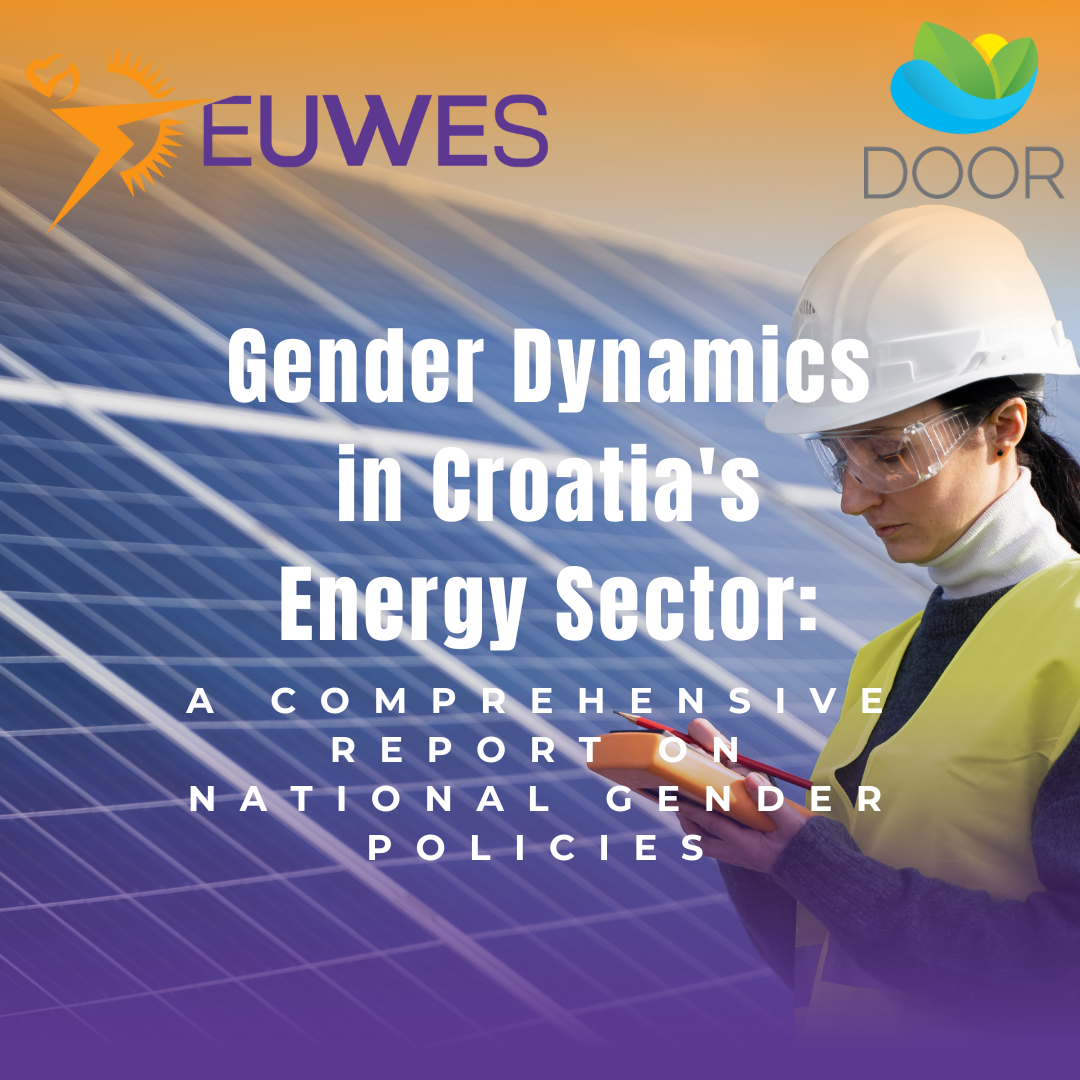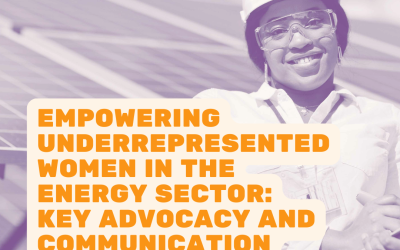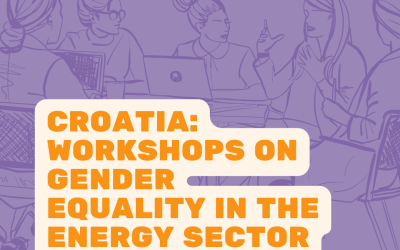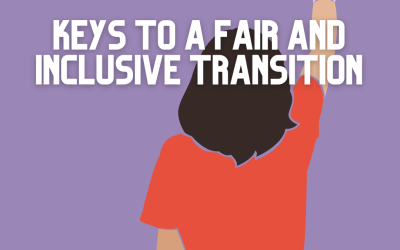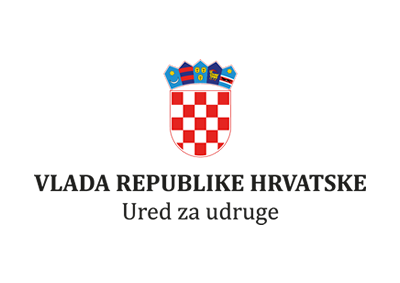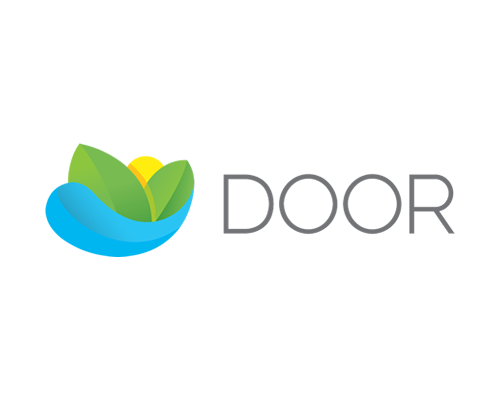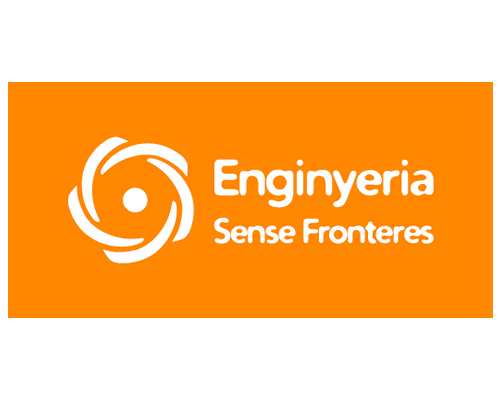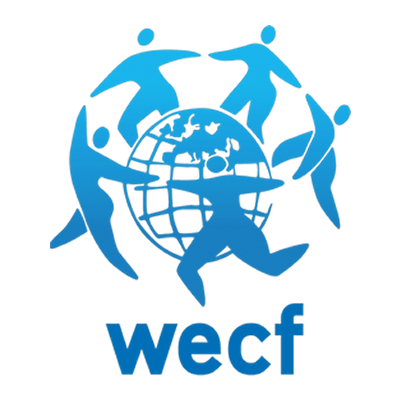The main claim of this Report is that the energy sector is burdened with a significant gender disparity where women in Croatia are still greatly underrepresented.
In short: Legislation and policy framework
The Croatian Constitution prohibits discrimination based on race, skin colour, sex, language, political or other opinions, national or social origin, property, birth, education, social status, or any other characteristic. Croatia ratified CEDAW in 1992, demonstrating an early commitment to gender equality. The recent National Action Plan (NAP) for CEDAW (2019-2023) emphasizes Prevention, Participation, Protection, and Post-Conflict Recovery, indicating ongoing efforts to strengthen implementation and monitoring. While Croatia ratified the Istanbul Convention in 2018, this Report highlighted areas in need of improvement, particularly in recognizing intersectional discrimination and enhancing services for survivors of violence. Croatia’s commitment to SDG5 of Agenda 2030 is evident in its gender indicators, showing progress in labor force participation.
Ministry of Labour, Pension System, Family and Social Policy in Croatia is responsible for coordinating gender equality policy and main activities relate to the regulation of labor relations, the labor market, and active employment policy. Croatia also established the Ombudsperson for Sex Equality office based on the Sex Equality Law (Official Gazette, number 116/03) in 2003. The aim is to independently monitor the implementation of this respective law as well as other regulations concerning gender equality.
The Labour Law (Official Gazette, number: 93/14, 127/17, 98/19, 151/22, 64/23) defines that an employer must pay the same compensation to both male and female workers for the same work or work of the same value. But still a large gender pay gap persist in Croatia and needed measures for industries to justify such gap are still missing.
Despite the regulated legislative framework, women still face multiple discrimination in the labour market in Croatia. Starting with asking legally prohibited questions during job interviews such as issues of marital and parental status, family planning, etc. But also, through discrimination and harassment in the workplace, successive extensions of fixed term employment contracts, to unequal compensations
Read the report here.
In short: Energy sector and gender
The laws that are relevant for the energy sector and the shape of energy policies in Croatia, are by no means relevant to gender policies nor are they in any measure influencing or mentioning gender policies as such, hence they continue to be designed for a “gender-neutral” energy consumer. Croatian legal framework relevant to the energy sector also does not mention or define specific measures aimed at gender equality. Also despite efforts to combat energy poverty, gender considerations remain largely absent in policies and measures.
However, challenges persist in political representation, with women holding only one-third of parliamentary seats. Gender disparities in political leadership extend to energy-related ministries, where women are underrepresented in decision-making roles.
Perceptions of the energy sector as male-dominated persist also in private sector, hindering women’s advancement – only 12% of employees in energy sector are women in Croatia. Discrimination in the labor market exacerbates gender disparities, with women facing challenges in equal pay and career progression. Ethical codes in companies seldom address gender equality, perpetuating biases.
Read the report here.
In short: Education sector in STEM and gender
Educational disparities contribute to gender gaps in STEM fields, further limiting women’s participation in the energy sector – in Croatia almost 40% more males completed their STEM master. But the numbers of females in STEM doctoral programmes in the STEM subjects have increased: equal share of men and women attained their doctor’s degree.
While universities have established gender equality plans, gaps remain in some institutions.
Read the report here.
In short: Recommendations
Recommendations encompass policy, business, and educational spheres, emphasizing synergy between sectors. Measures include salary transparency, mentorship programs, and partnerships to promote women’s entry into the energy sector. Societal collaboration is crucial for fostering gender-awareness and promoting STEM among girls and women.
The report “Mapping energy and gender policies in the Craotia” is part of the Empowering Underrepresented Women in the Energy Sector (EUWES) project carried out together with Društvo za oblikovanje održivog razvoja (DOOR) in Croatia, Women Engage for a Common Future (WECF) in Germany and Focus in Slovenia and is funded by the European Union.
Read the report here.
